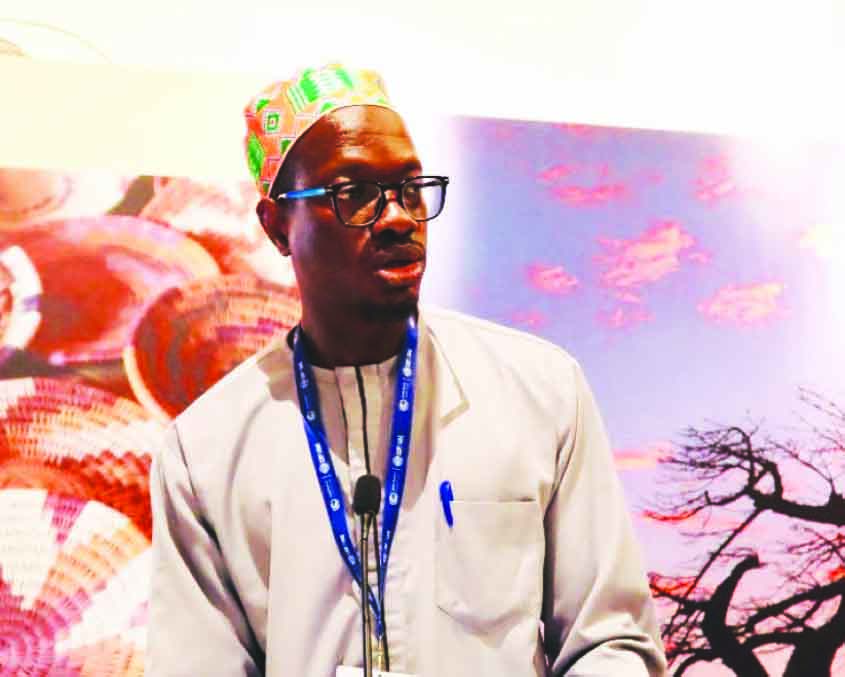Banjul, 07th April 2025: The Ministry of Finance and Economic Affairs (MoFEA), with support from V20 Group, the Insurance Development Forum and the InsuResilience Solutions Fund, hosted a two-day technical meeting of stakeholders on the Global Risk Modeling Alliance initiative for the V20 Group, which ended on Friday, April 4th at Bakadaji Hotel.
The Gambia is part of the Vulnerable Twenty (V20) Group, which consists of 55 climate vulnerable economies. It is a dedicated cooperation initiative of economies systemically vulnerable to climate change, working through dialogue and action to tackle global climate change. The V20 members represent a broad cross-section of countries in terms of size, geographical location, poverty, and economic development.
The Global Risk Modeling Alliance initiative is funded by the German Government with the aim to assist member countries of the V20 Group develop capabilities and actions for climate and disaster risk management.
Within this framework GRMA supports countries in strengthening climate and disaster risk measurement, strategic decision-making and the promotion of risk financing. The initiative collaborates with representatives from public administration and local experts to provide access to risk management tools, technical assistance and funding for risk models and open data.
The objective of the workshop is to familiarise key officials and experts within the context of climate and disaster risk management in The Gambia with the programme and to co-define the GRMA project scope and capacity needs, including collaborative development of a roadmap.
Speaking at the opening of the workshop, Bubacar Zaidi Jallow, Deputy Permanent Secretary at the Ministry of Environment Climate and Natural Resources, noted that the world is grappling with escalating threats of sea rise and climate-induced disasters. The experience, he said requires international cooperation and innovative mitigating and adaptation strategies especially for vulnerable countries like The Gambia.
DPS Sanneh of Ministry of Finance and Economic Affairs of the Gambia warned that The Gambia remained highly vulnerable to climate-induced shocks. He said this is not a story of despair; rather is one to restructure strategies.
The DPS therefore called for institutional strengthening, strategic decision-making, as well as enabling resilience into the very fabric of national development. He also called for strengthening of early warning mechanisms and financial strategies.
Dr Simon of the Global Risk Modeling Alliance (GRMA), noted that his organization is to set to enhance the capacities and capabilities of vulnerable countries such as The Gambia to effectively absorb and manage risks associated with climate change and climate and climate –induced disasters.
By Madiba Sillah







